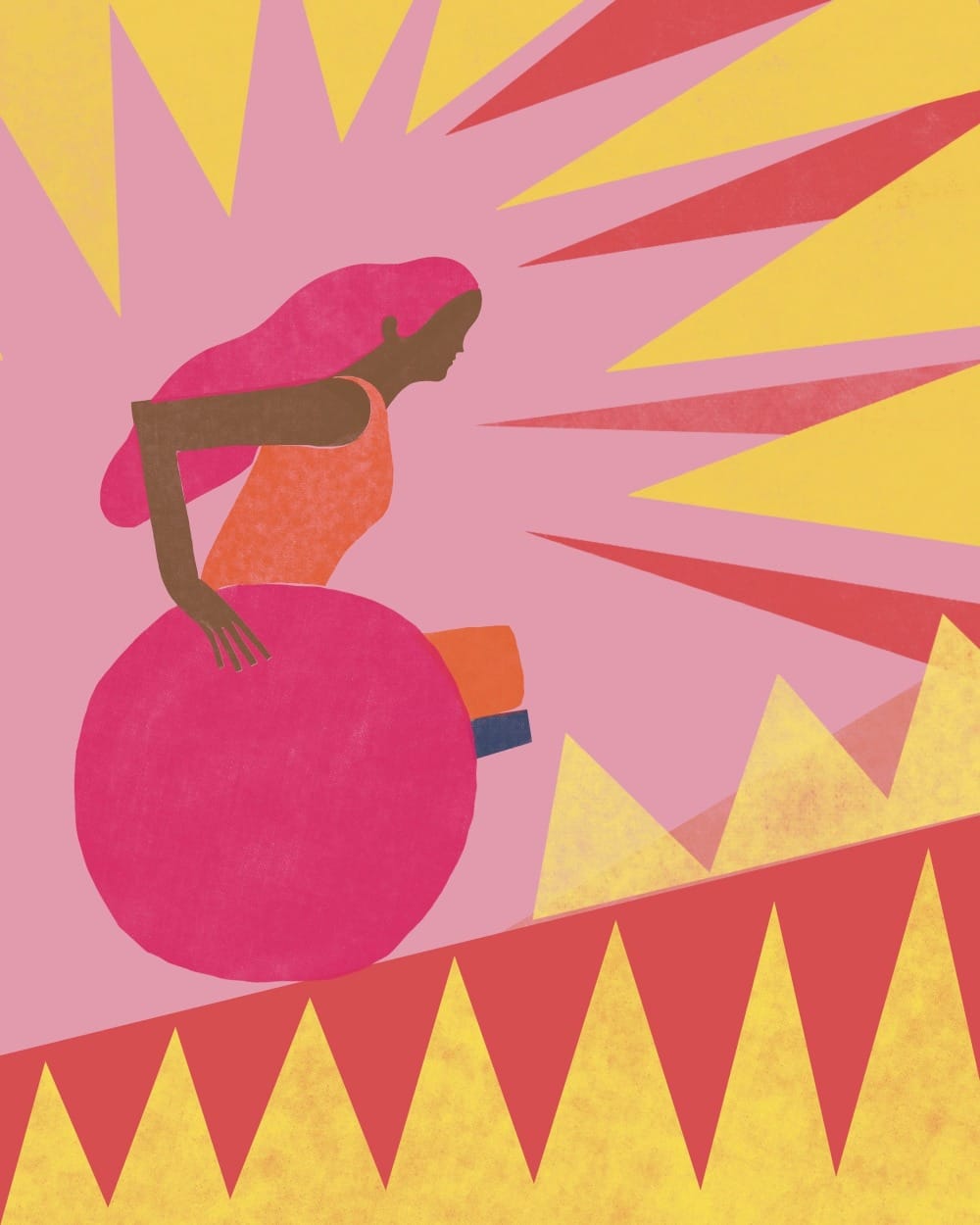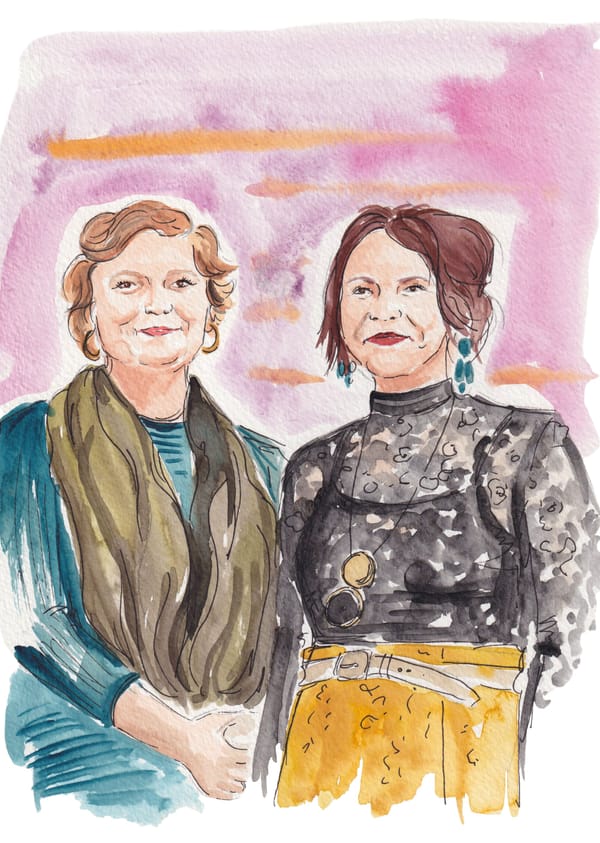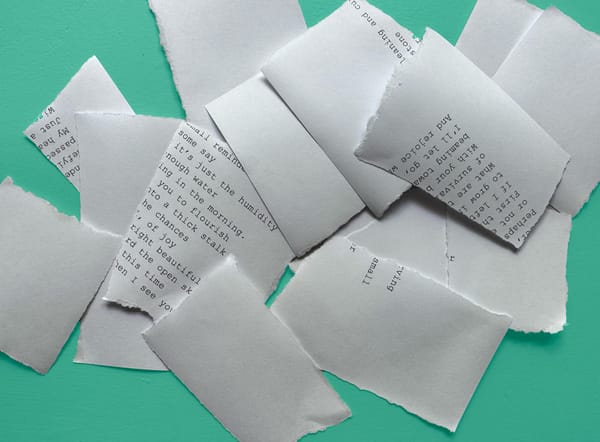I Love The Paralympics, But Let's Not Kid Ourselves
The Paralympics is always a wonderful spectacle—but let's be honest: they won't change anything for disabled people.

Welcome back to Paris. For a week and a half—starting this Wednesday—spectators will have the opportunity to watch elite athletes achieve remarkable things at the 2024 Summer Paralympics. Around the world, viewers will no doubt harbor and voice unsolicited opinions about sports that, up until now, they barely knew existed. And for disabled people? This is our once-every-few-years chance to see people who look, sound and move like us on TV.
The games, of course, mean different things to different people. But to me, as a wheelchair user and disability advocate, one thing is clear: What happens this summer in Paris will not amount to a “breakthrough.” Despite the cringey rhetoric and vapid promises used in marketing campaigns and beyond, the next few days are not about to eradicate the generally crappy treatment of disabled people in society. Every four years an over-excited media has the audacity to suggest that this time, these Paralympics, the needle will finally move. Alas, the overwhelming evidence indicates that no, it most certainly will not.
My prediction is based on experience. I was a lonely disabled teenager when the 2012 Paralympics came to London, my home town. There was genuine excitement that the tickets had sold well, which is far from guaranteed, and I watched the spectacle in the dying days of my last school summer holiday.





